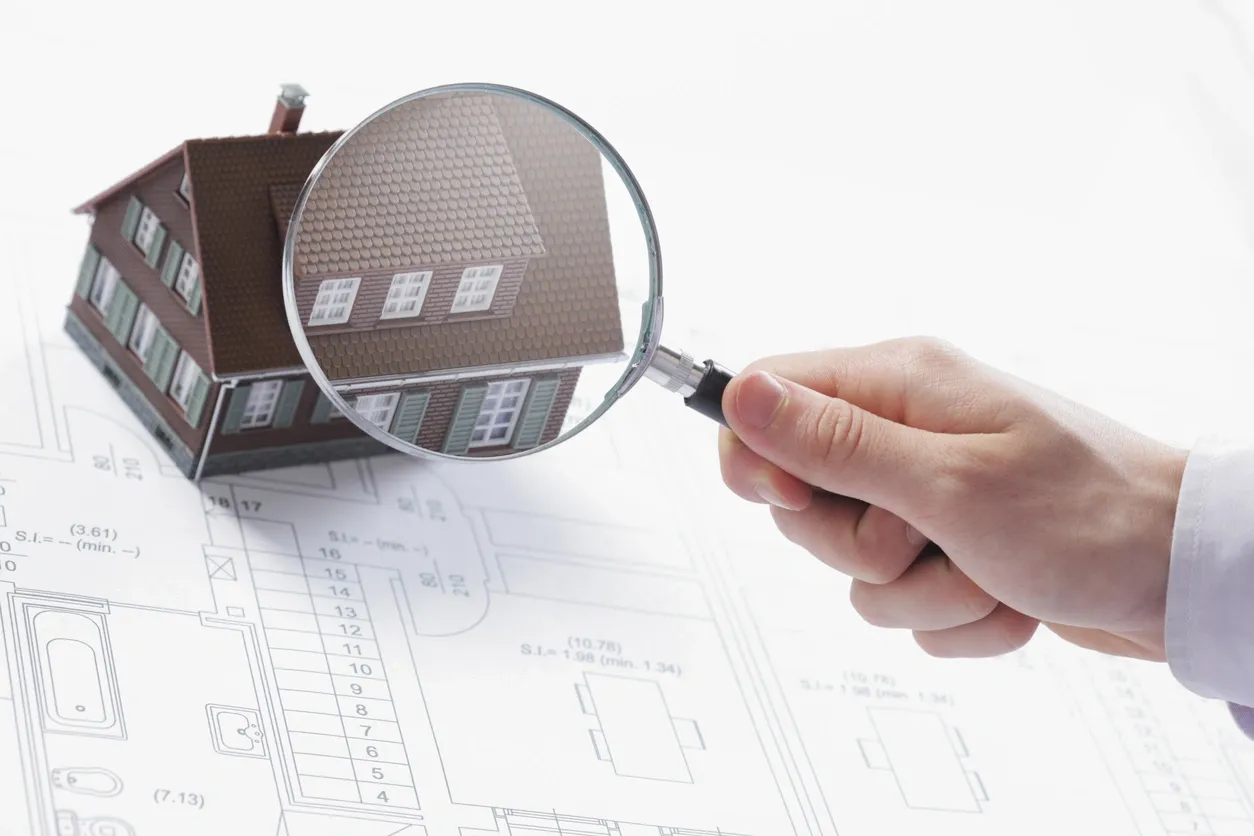Housing Disrepair is referred to anything which substitutes towards a property becoming unsatisfactory and unfit for habitation, the responsibility of the disrepair is subject to the Landlord of the property. Due to recent government changes, those who rent are subject to moderate responses to states of disrepair and immediate improvements are needed within areas such as, quality and security.
Tenants often live within poor conditions of the property and more than 7 in 10 have suffered from health and safety issues. If tenants are suffering at the property those can make a housing disrepair claim on the grounds of;
- Infestations of insects and rodents,
- damp and mould growth on walls,
- floors and ceilings.
- Broken/faulty boiler resulting in inadequate heating and hot water,
- defective windows and doors, faulty wiring,
- internal/external structures such as wallpaper, carpets and paint also leak and water damages from the roof, bathroom, pipes and windows.
In a high majority of these cases the issues are already present when the tenants move in, resulting in financially fixing the issues themselves with the threat of not being refunded for their costs. The landlord has a legal duty towards maintaining the property and ensuring it is remained in a consistent good state of repair and the legal occupiers are safe and living comfortable within the property.
If the tenant has consistently notified the landlord to address any examples of disrepair and within a reasonable time period (2-3 months) and the damage has not been repaired, they are then eligible and entitled to compensation.
The Pre-Action Protocol for Housing Conditions describes court expectations when dealing with housing disrepair claim. The courts expect legal action to be used only as a measure of last resort. We in operate a NO WIN NO FEE to protect you in matters went to court.
We we understand the claim process may be daunting and therefore we have simplified into 4 steps as follows:
- Collect all the evidence required.
- Complete a thorough inspection of your property.
- Ensure your landlord carries out necessary repairs.
- Get you compensation you deserve including, recovery of any other loss and loss to belongings.

